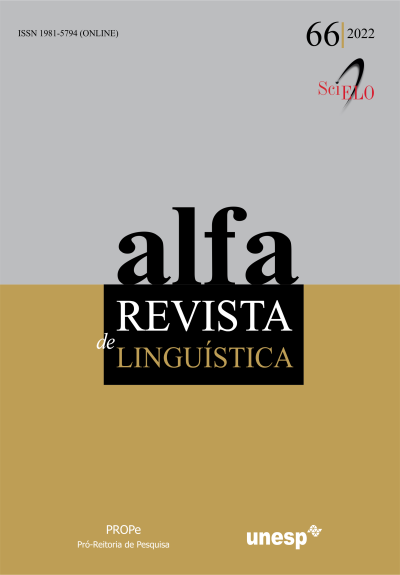Dostoevsky’s Dialogic Experiment in the Cinema
between Polyphony and Polymorphism
DOI:
https://doi.org/10.1590/1981-5794-e15534Keywords:
Dostoevsky, novel, dialogic principle, polyphonic experiment, polymorphism, intersemiotic translation, cinemaAbstract
The present essay investigates the possibility of translating Dostoevsky’s works intersemiotically to the audiovisual language of cinema, considering the dialogic principle created by that writer as well as the notion of polymorphism of filmic recreations. To that end, the article challenges the adaptations based on the thematic content, which reduces the author’s works to monologism, inherited from the transposition of Dostoevsky’s work to the theater in the 19th century and relied on the method of decoupage, thus eliminating the psychic conflict and the dialogic-discursive complexity of the novel. Hence, the essay approximates lubok films, a style of Russian cinema from the beginning of the 20th century that aimed to take Dostoevsky’s works to larger spheres of the population by working language with a focus on dialogues. The analysis follows the theoretical principles of intersemiotic translation in addition to the dialogic principle to investigate two filmic versions of The Idiot and one version of Crime and Punishment, in a trajectory that begins in the early Russian cinema, through the Soviet Union, and reaches the end of the 20th century. As a result, the procedures of audiovisual language are equated to the creative processes that, in cinema, approximate the conquests of the polyphonic experiment and the discursive dialogism of novels.
Downloads
Downloads
Published
How to Cite
Issue
Section
License
Copyright (c) 2022 ALFA: Revista de Linguística

This work is licensed under a Creative Commons Attribution 4.0 International License.
Manuscripts accepted for publication and published are property of Alfa: Revista de Linguística. It is forbidden the full or partial submission of the manuscript to any other journal. Authors are solely responsible for the article's content. Translation into another language without written permission from the Editor advised by the Editorial Board is prohibited.

